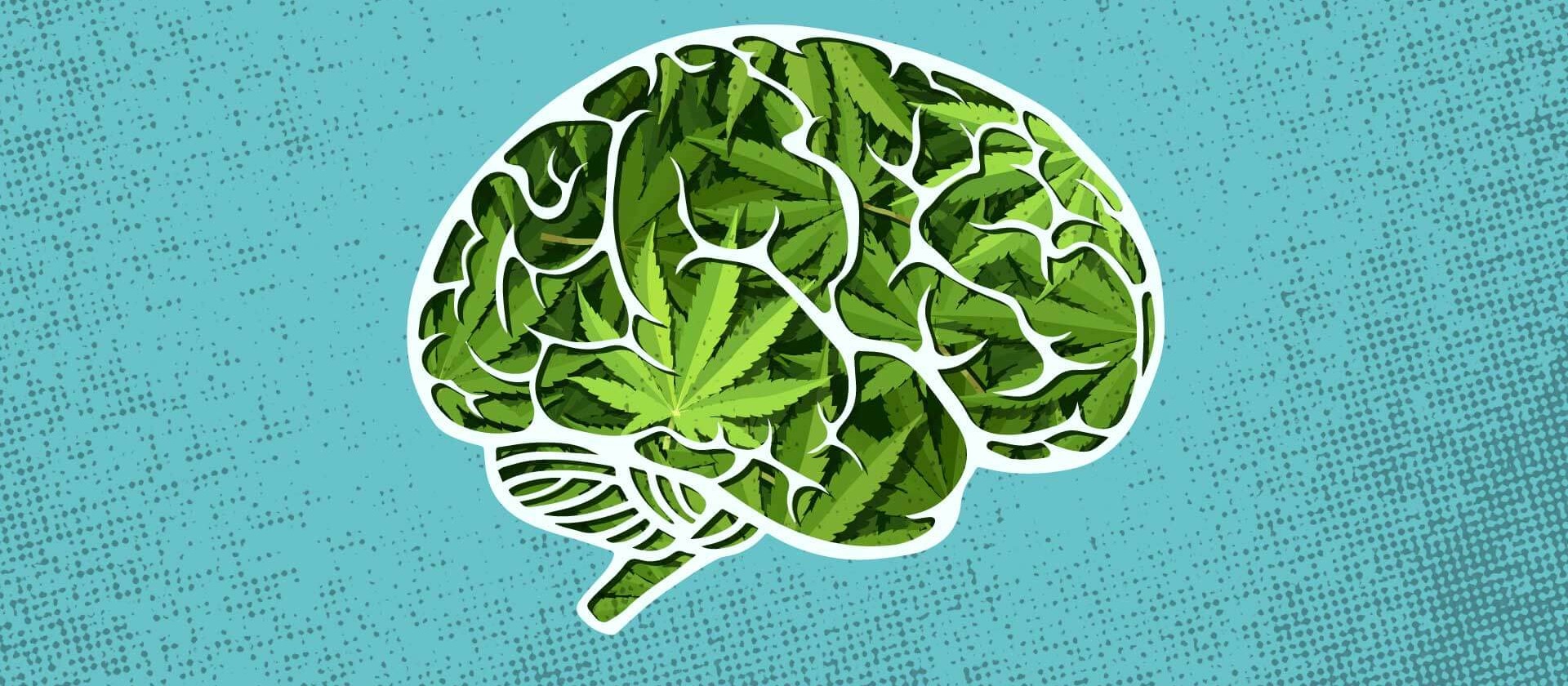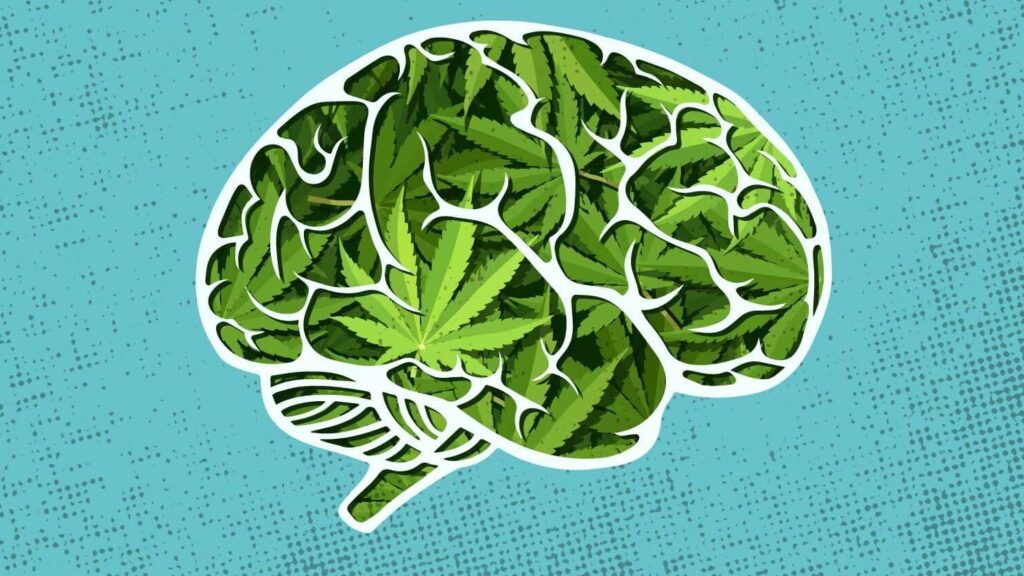
In a new study published by Psychology Today, it was found that long-term cannabis use is linked with cognitive decline and impact on the brain’s hippocampus. The largest key point within the study is that long term cannabis use can decline cognition at the age of 45. Many headlines are focusing around this but there were other findings in the study as well. It was also found that IQ is estimated to decline by a mean of 5.5 points and hippocampal volume declines by roughly 12% after prolonged persistent cannabis use. Changes caused by long-term cannabis use also resemble risk factors for dementia in later stages of life, the study said.
Long term persistent cannabis use can be classified as using marijuana 1-4 times a week for extended periods of time. This extended period could be years or decades depending on the individual. Attached below are the five main points highlighted by researchers.
- At 45 years old, long-term cannabis users (typically 1-4 times weekly) exhibited a mean 5.5-point childhood-to-adulthood IQ decline, with poorer learning and processing speed. The impact of cannabis is dose-dependent, with those who used cannabis more persistently showing greater IQ decline on tests of learning, processing speed, and verbal memory. This decline was significantly larger than for those who never used cannabis. People identified as knowing members of the cohort well described long-term users as having more memory and attention problems than non-users.
- Long-term cannabis users showed significantly larger IQ decline, poorer learning and memory, and poorer processing speed than long-term tobacco or alcohol users. This finding conflicts with the popular claim that cannabis use is safer in all ways than alcohol.
- Non-problematic recreational cannabis use (less than weekly) in midlife is unlikely to compromise cognitive functioning. Their mean IQ decline was 3.5 points.
- Long-term cannabis users who quit still showed subtle cognitive deficits. Long-term cannabis users did not perform significantly worse than cannabis quitters on any test.
- Long-term cannabis users showed smaller hippocampus volume, and persistence of cannabis use showed dose-response associations with both smaller hippocampal volume and cognitive deficits. Meier takes pains to point out that smaller hippocampal volume is likely not the sole cause of cognitive deficits. Multiple other brain areas with dense concentrations of cannabinoid receptors likely also contribute to the decline in cognitive function.
Now although this study was just released within the last week or so, many more studies on this topic are sure to come. Furthering the research on cannabis and the brain is detrimental to society especially as cannabis becomes legalized in more states each year. It is important to stay up to date on this research if you are an avid cannabis consumer as your health in the future may be affected by consumption today.
Although marijuana is by no means bad, we as humans are still learning about the long term effects the substance has on the mind and body and will continue to learn more from the drug as time moves forward.
Read the whole research article here.



